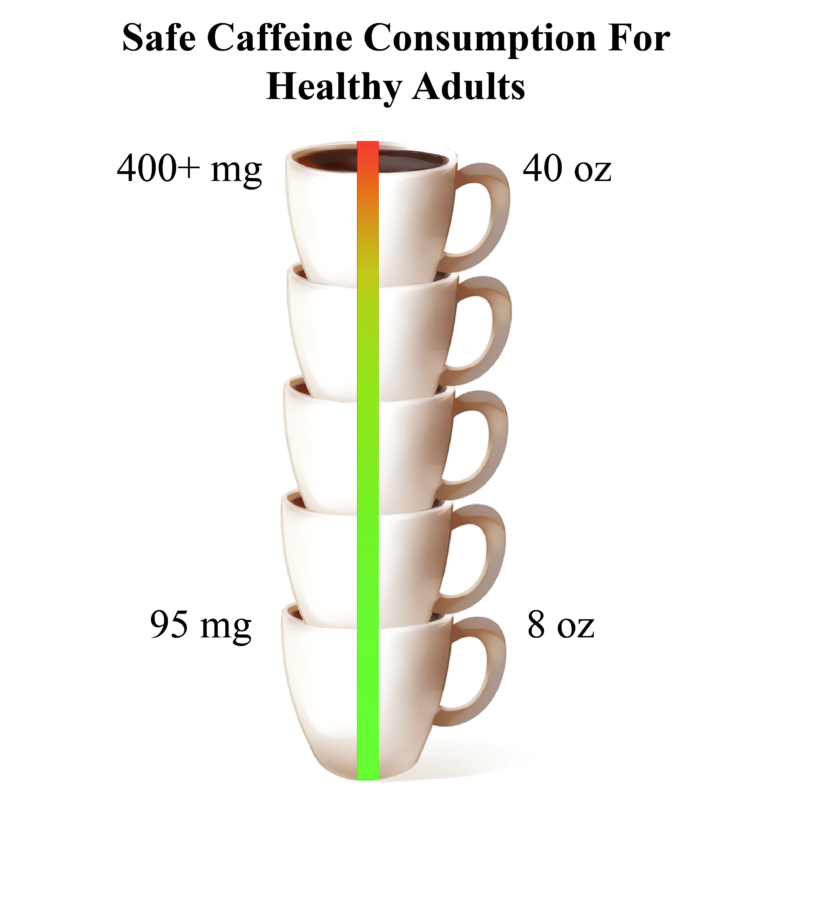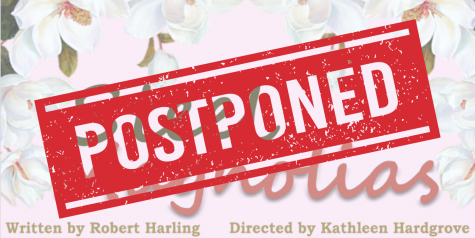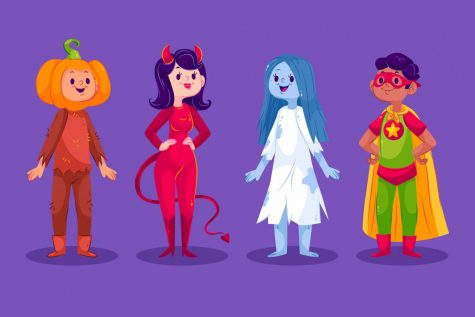Caffeine intake and its impact
The FDA estimates that caffeine intake from coffee becomes unhealthy for adults at about five cups or 40 ounces.
September 6, 2016
Two papers, one project, and two big exams and, guess what? They are all due tomorrow. What is a college student to do?
For many, the answer is to skip sleep and load up on a steady dose of caffeine throughout the night. But anyone who has experienced the jitters and headaches after too much caffeine knows that option might do more harm than good.
The Food and Drug Administration says that caffeine is both a drug and a food additive. Caffeine is used in both prescription and over-the-counter medicines to treat tiredness or drowsiness and to improve the effect of some pain relievers.
People with heart problems should not use caffeine because it makes their hearts work too hard. People with anxiety problems or panic attacks may find that caffeine makes them feel worse.
April Lehrling, MS, RN-C, said “Most things in life are about balance.” Lehrling says this certainly applies when we think about using caffeine. If you do not like the way that caffeine is making you feel then you may want to think about reducing the amount you consume.
Caffeine affects everyone differently, and everyone has a different tolerance to caffeine.
Lehrling said, “Many times there are other additives that may have an impact on your health within the caffeinated beverage. Look for sugar, herbs and other names listed in the ingredients you don’t recognize. Many times these added substances are also having an impact on our health.”










